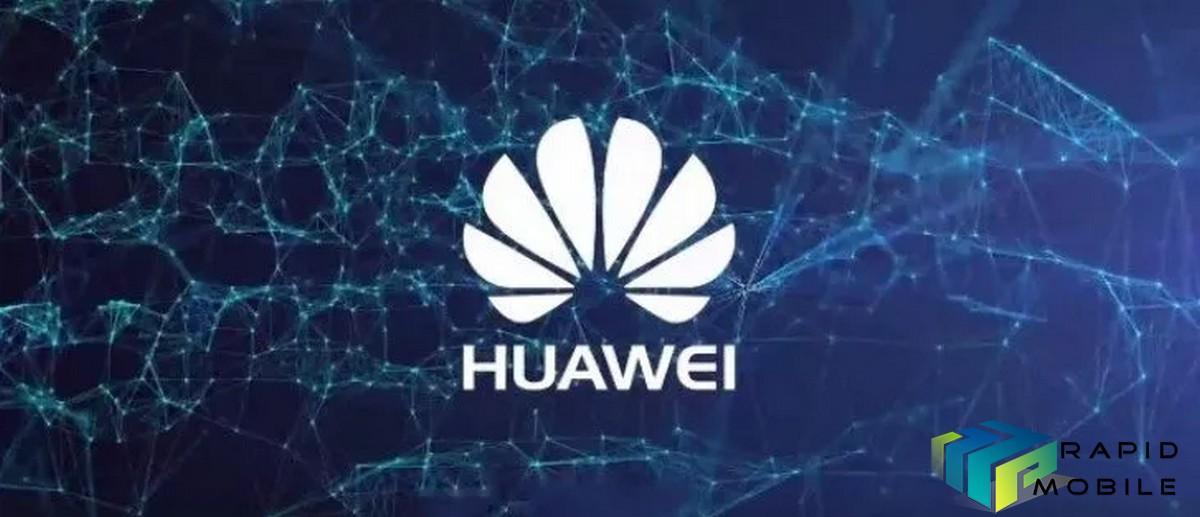The US government is now barring global chip suppliers that use US technology to stop doing business with Huawei.
The new rule unveiled by the Commerce Department states that the semiconductor companies, which uses US technology, will have to take licenses from the US government to sell the product to Huawei.
The move threatens to deal a further blow to Huawei in various aspects starting from its smartphone business to telecom equipment business and to its arm HiSilicon Technologies.
“There has been a very highly technical loophole through which Huawei has been in able, in effect, to use US technology with foreign fab producers,” said Commerce Secretary Wilbur Ross.
“Despite the Entity List actions the Department took last year, Huawei and its foreign affiliates have stepped-up efforts to undermine these national security-based restrictions through an indigenization effort. However, that effort is still dependent on US technologies.”
“This is not how a responsible global corporate citizen behaves. We must amend our rules exploited by Huawei and HiSilicon and prevent U.S. technologies from enabling malign activities contrary to U.S. national security and foreign policy interests.”
This latest action could take White House intervention beyond US borders, which would complicate matters for Huawei but also place the US at odds with allies.
Most of the chipmakers rely on equipment produced by the US companies including KLA, Lam Research and Applied Materials. The rule will affect Huawei suppliers. Taiwan Semiconductor Manufacturing Co., which is also the major supplier of Huawei for chipset, will be the worst hit from this decision.
TMSC helps to produce the Huawei chip designs. TSMC said it is working with lawyers in the U.S. to ensure how to interpret any new rules that emerge over time.
Other suppliers like Taiwan’s Win Semiconductors, which helps to provide radio frequency chip design will be affected.
Semiconductor Manufacturing International Corp or SMIC will be another company that will be affected by this decision. With this, it will be difficult for these companies to do business with Huawei.
“This is a licensing requirement. It does not necessarily mean that things are denied,” a spokesperson said.
“What are done with those applications, we’ll have to see … Each application will be judged on its merits.”



